AO Edited
Depression Era Dinosaur Park
One of America's first dinosaur parks gives a window into Depression-era paleontology.
Ever since learning of their existence, we’ve been piecing dinosaurs together, taking them apart, piecing them back together with different heads, naming them, debating them, and renaming them. In the 1800s, competitiveness in the field of paleontology led to some hasty, not-so-accurate identifications, and occasionally downright fabrications regarding these Jurassic giants we are so anxious to know everything about.
With advances in genetics and other research methods, we are now learning all kinds of new things about the colossal vertebrates that could have laid waste to the strip malls that inhabit their old stomping grounds – and many of the mistakes that were made before these advances are now being corrected.
As museums rush to correct and update their displays, there is a place in South Dakota where the dinosaurs will remain forever inaccurate, frozen in time. Dedicated on May 22nd in 1936, Dinosaur Park was one of the earlier thunder lizard-themed tourist attractions, and its depiction of the massive beasts reflects a fun and almost naïve take on them. Five figures shadow the landscape, cartoonish faces that look like googly-eyes were glued on, all peering out of the same bright green skin color that a child might associate with all things reptilian.
The Depression-era sculptures were designed with the hopes of catching the tourism run-off from Mt. Rushmore and were made from concrete with iron-pipe frames, making them exceptionally sturdy. With regular fresh coats of paint, they are pretty much exactly the same as they were 70+ years ago.
The growling-grinning green giants depict a Brontosaurus, Apatosaurus, Triceratops, Stegasaurus, and Tyrannosaurus Rex, all life-size, and are still a favorite of tourists. One of the rare displays that encourage kids to climb the dinos, Dinosaur Park is very popular with the under 12 set, who really don’t care if the Brontosaurus has the wrong head, as long as it’s smiling.



















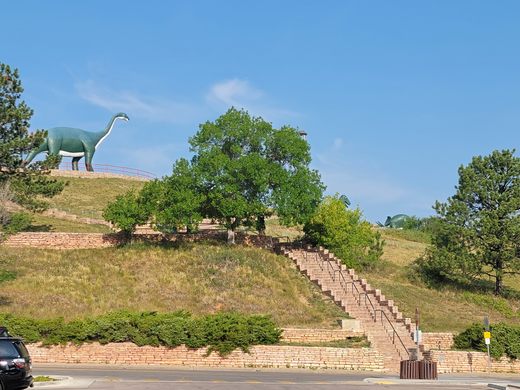

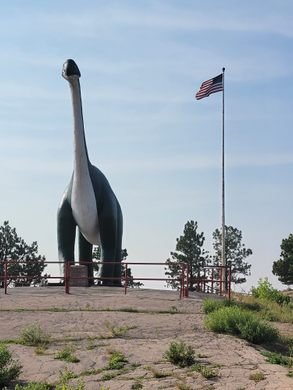
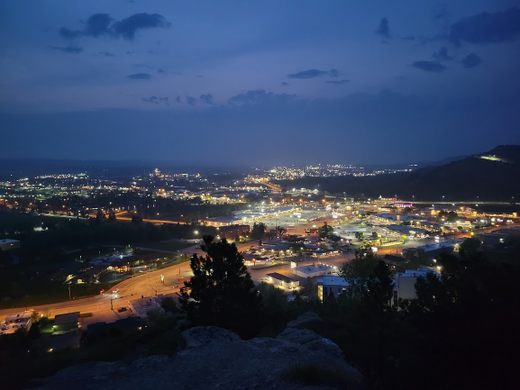
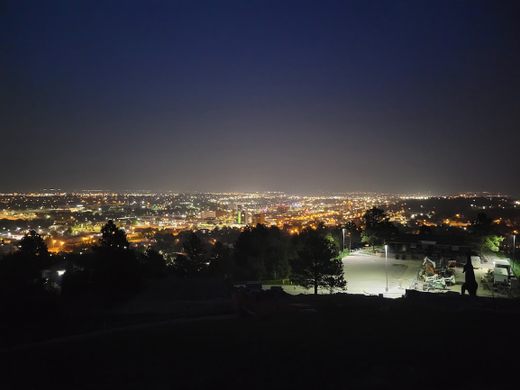
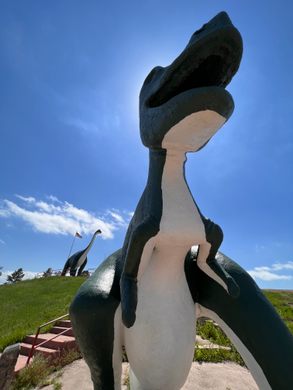
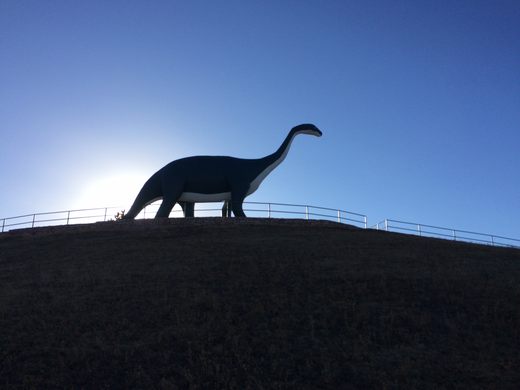


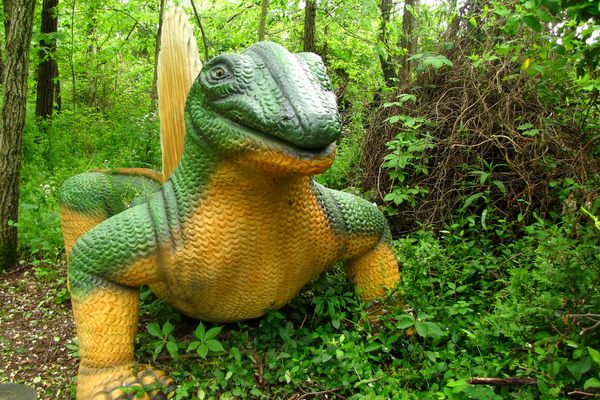





















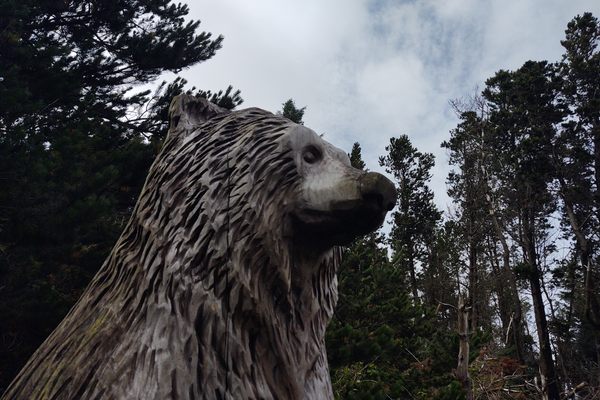




Follow us on Twitter to get the latest on the world's hidden wonders.
Like us on Facebook to get the latest on the world's hidden wonders.
Follow us on Twitter Like us on Facebook